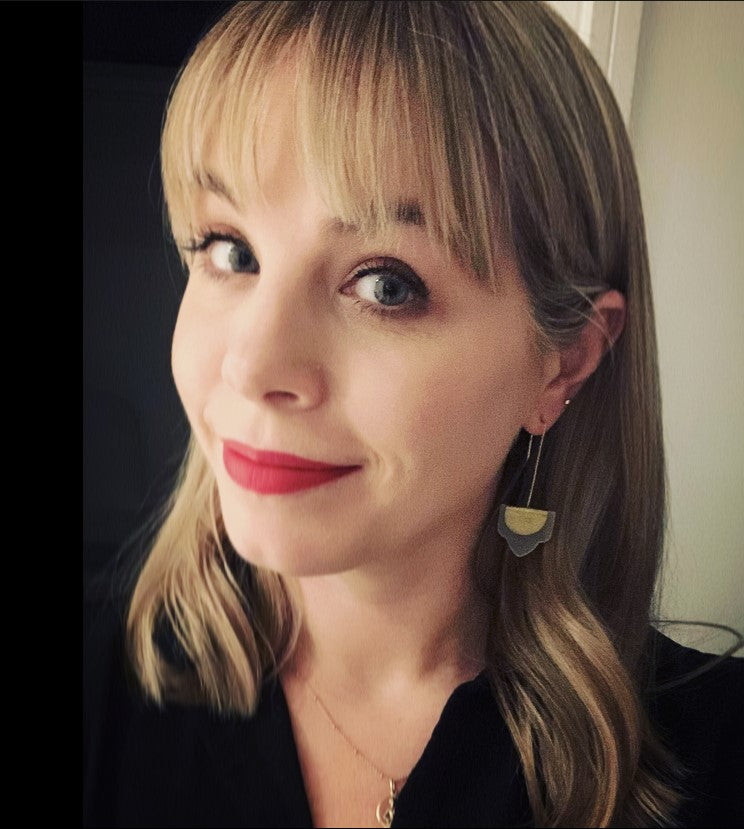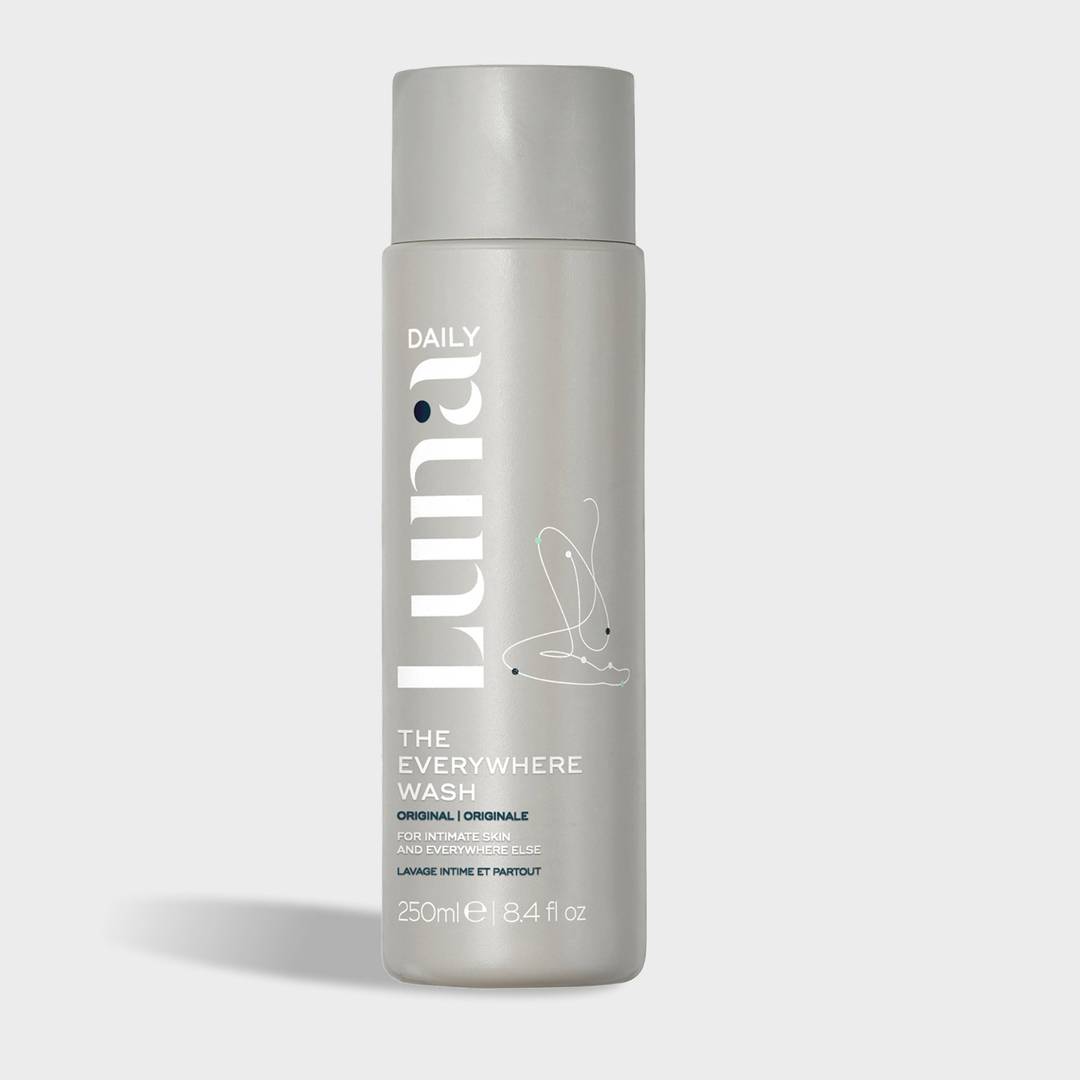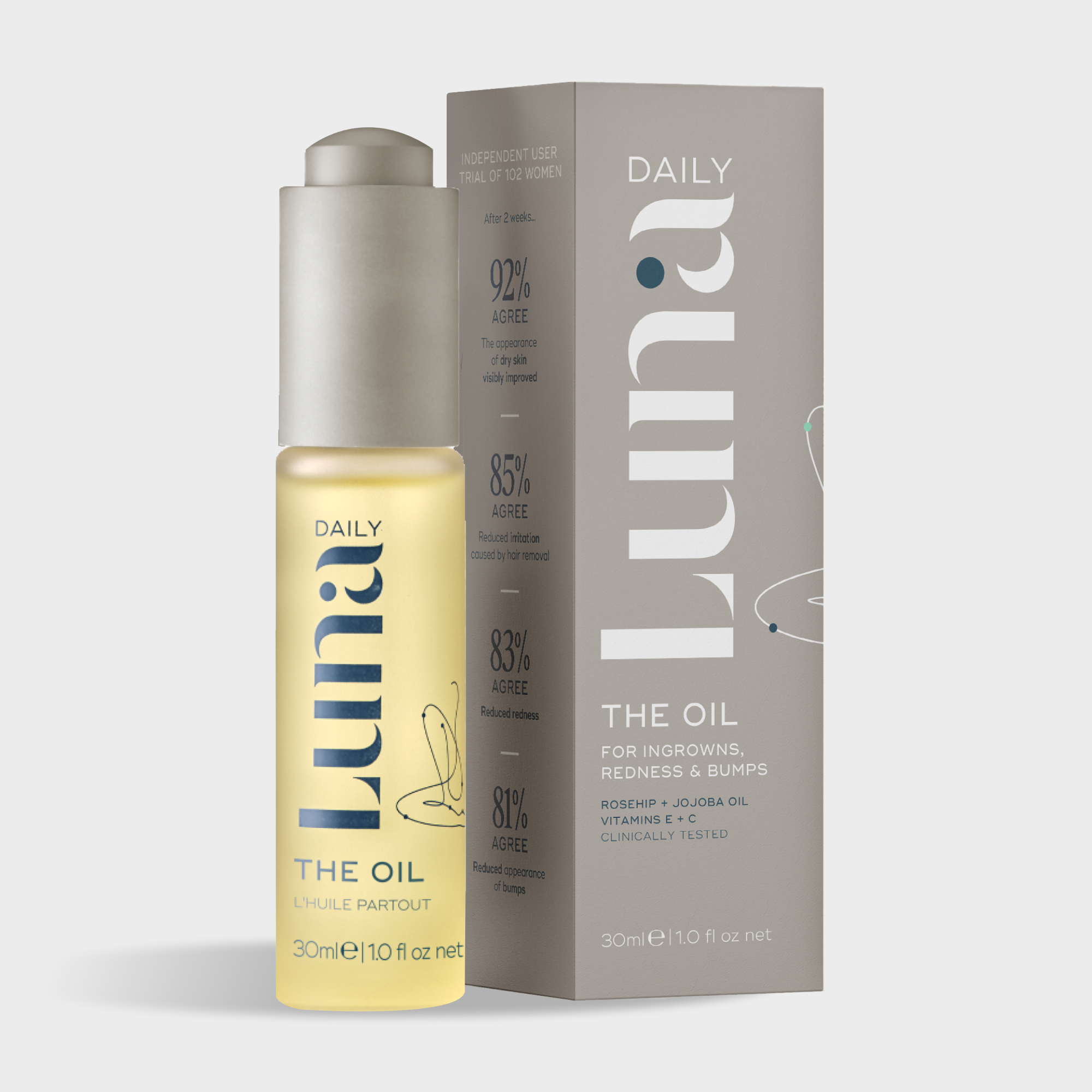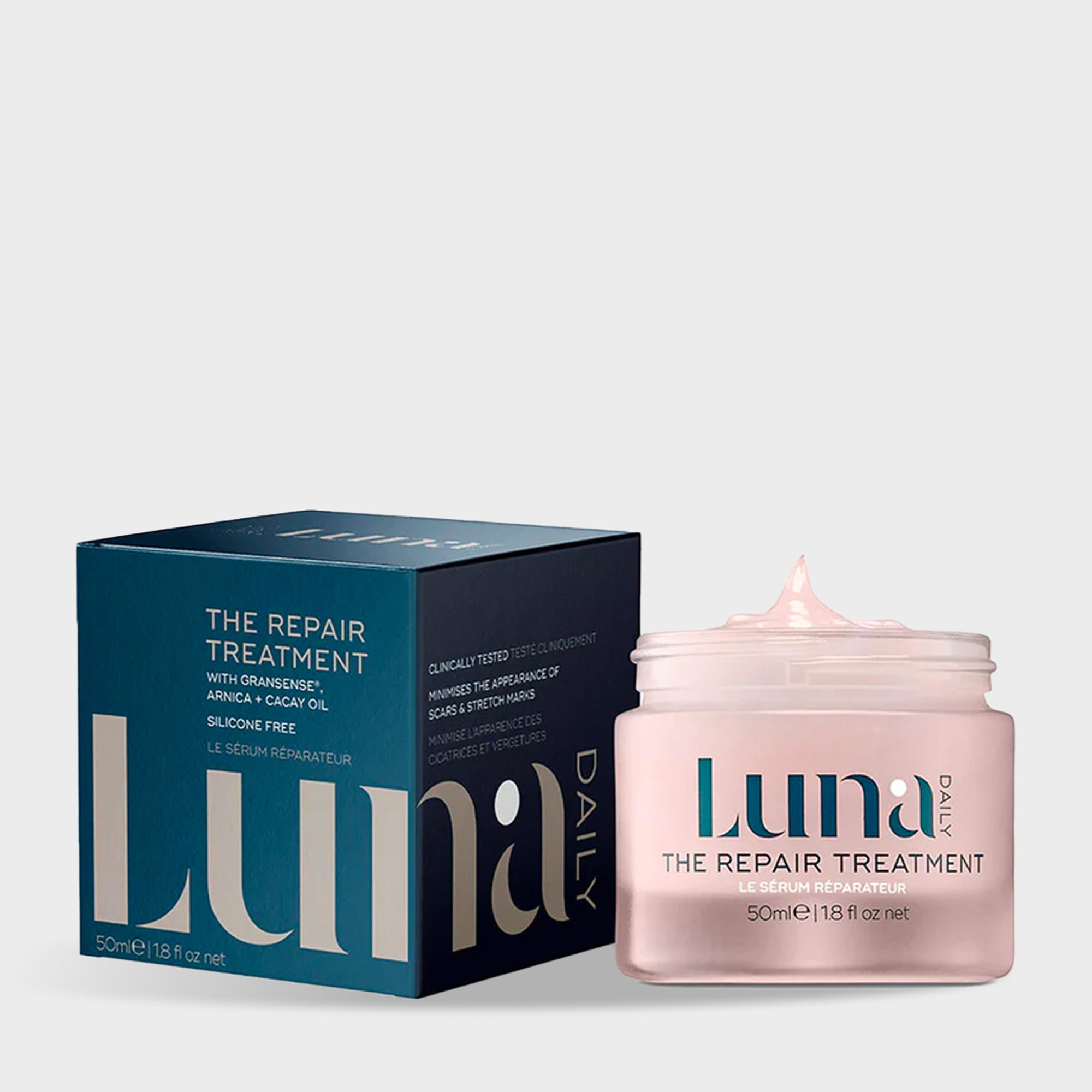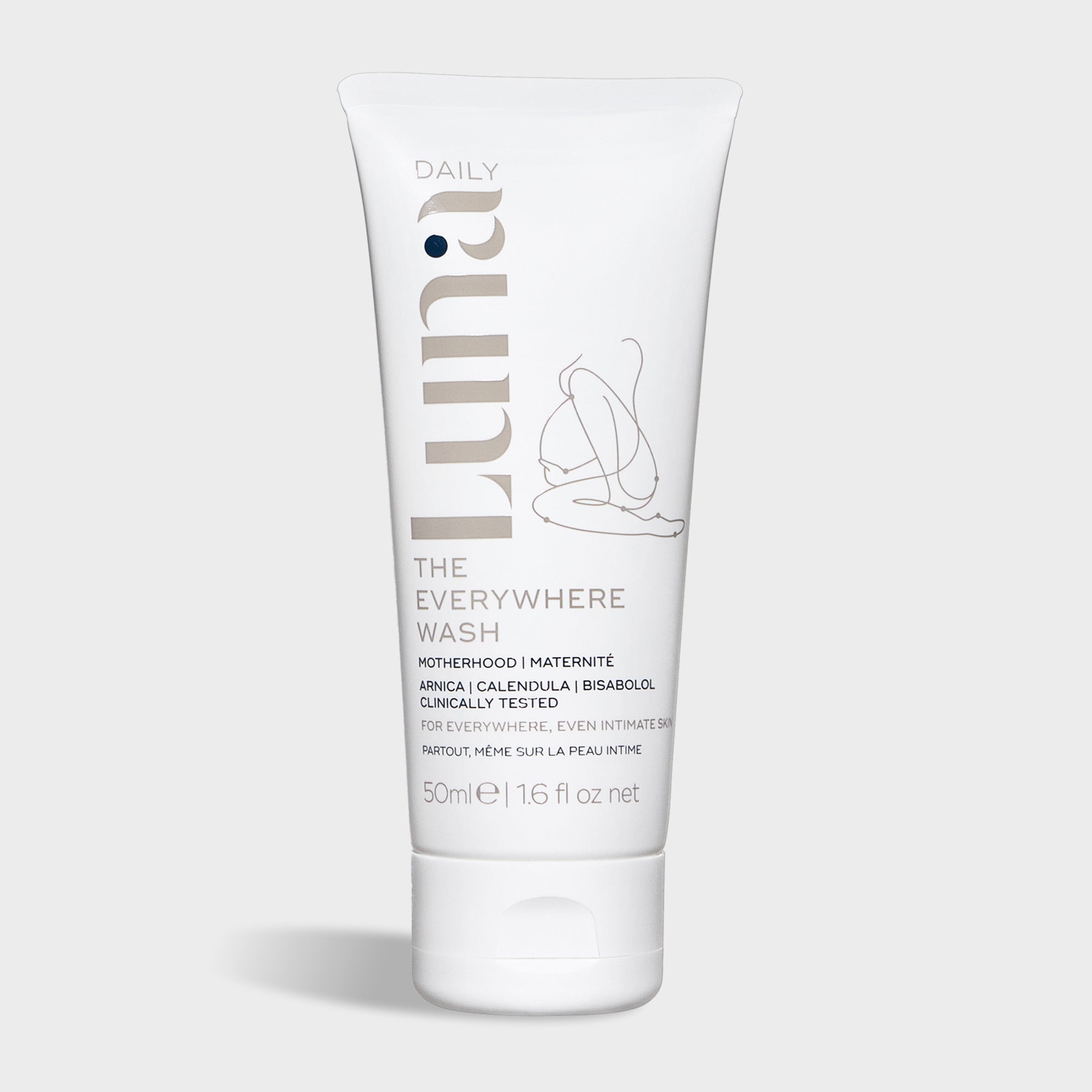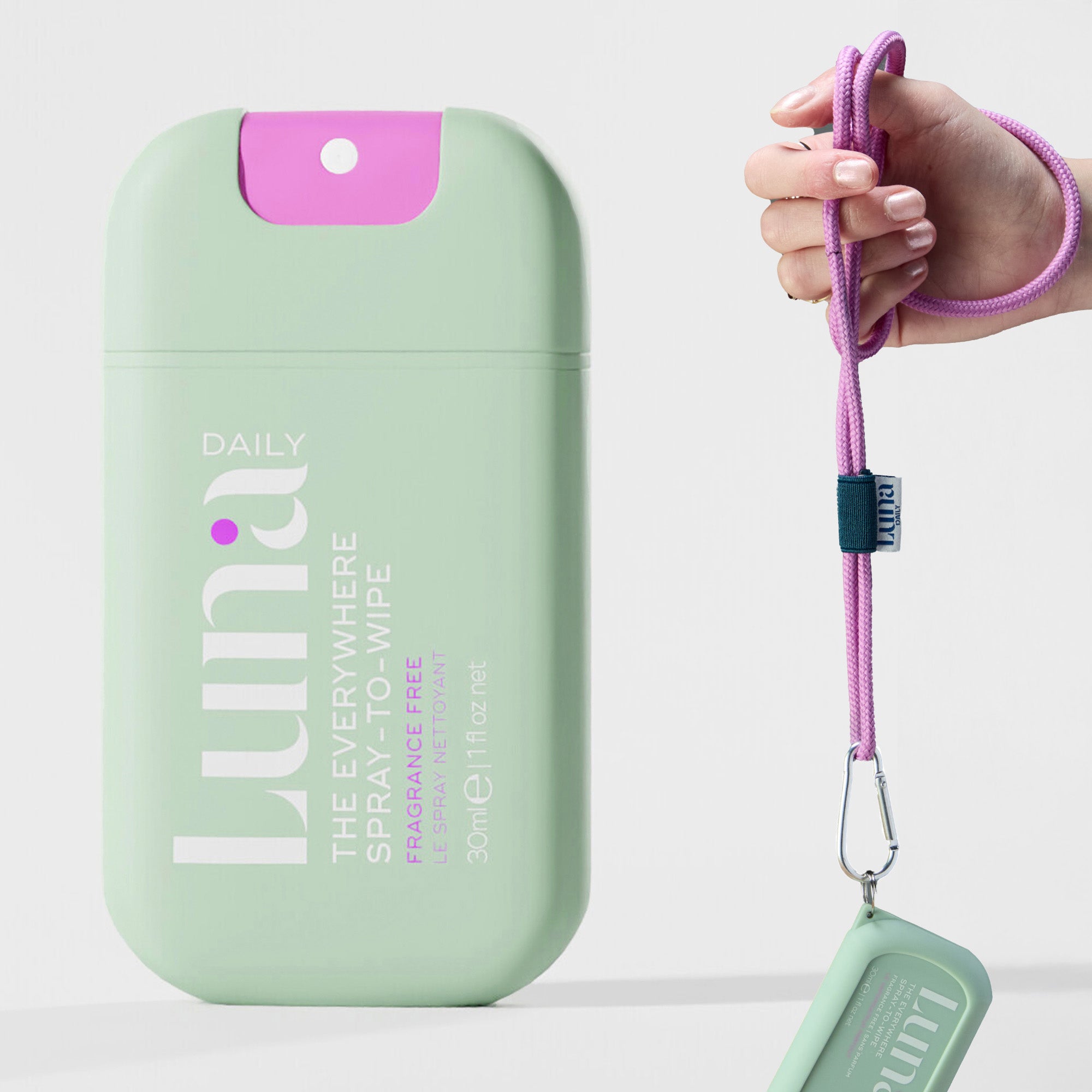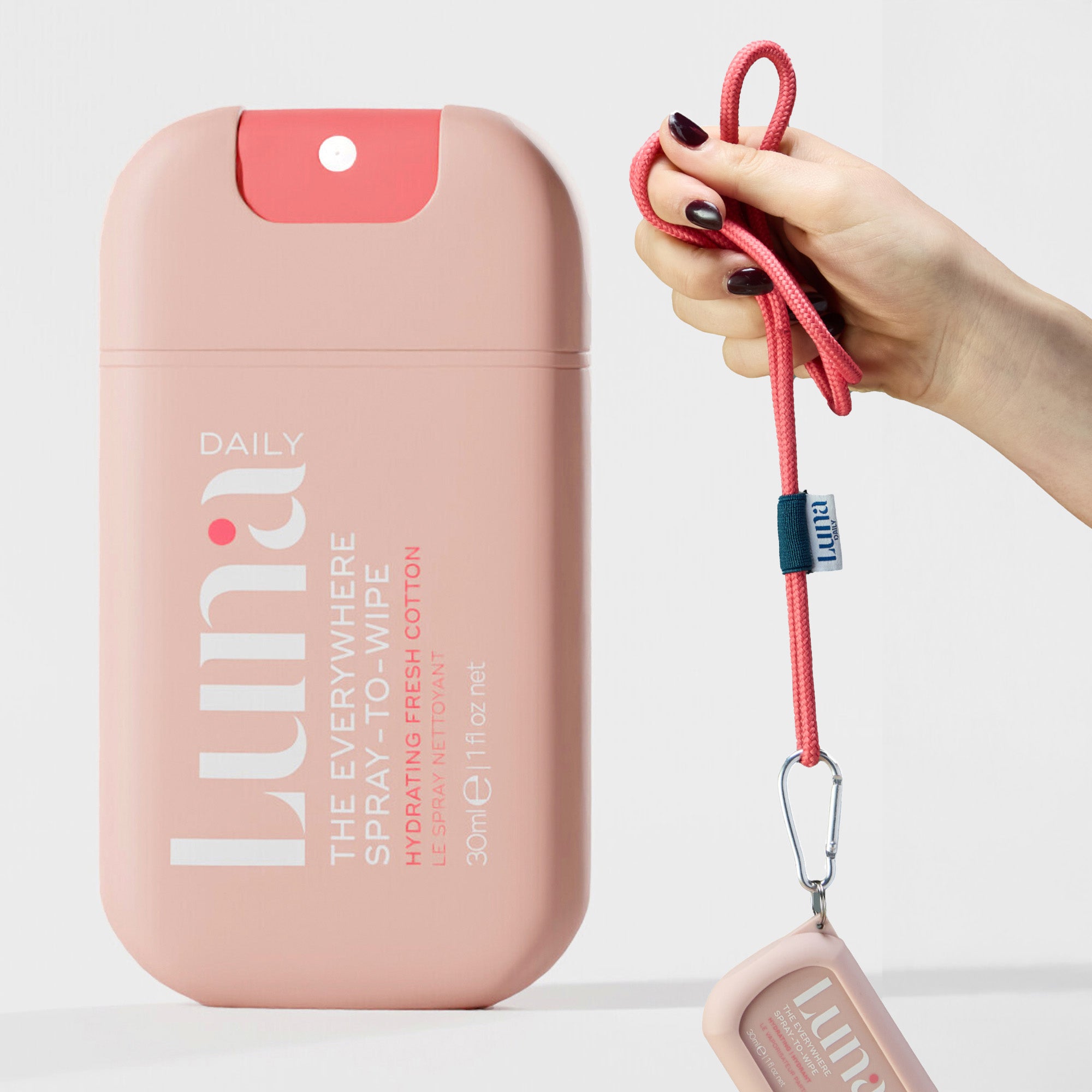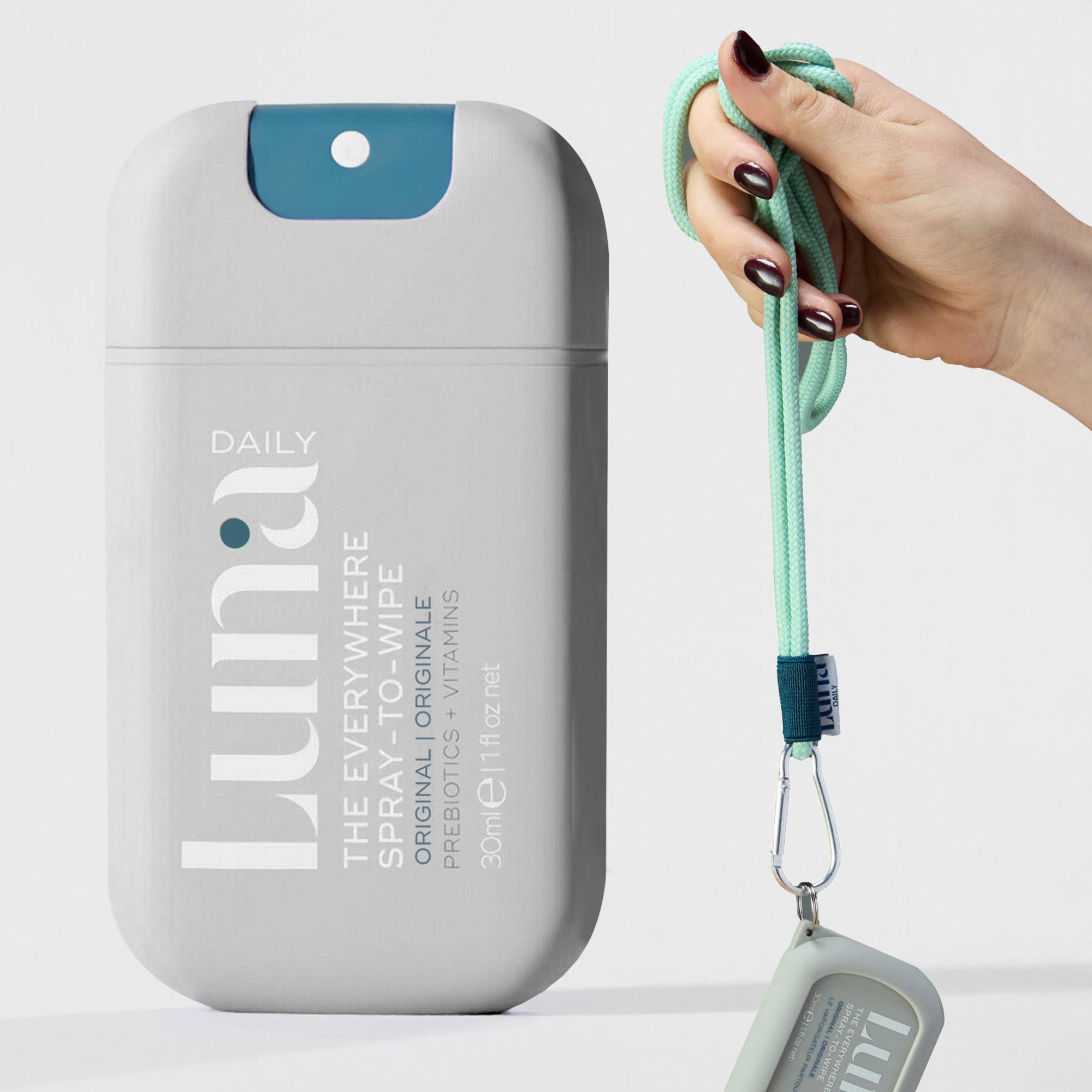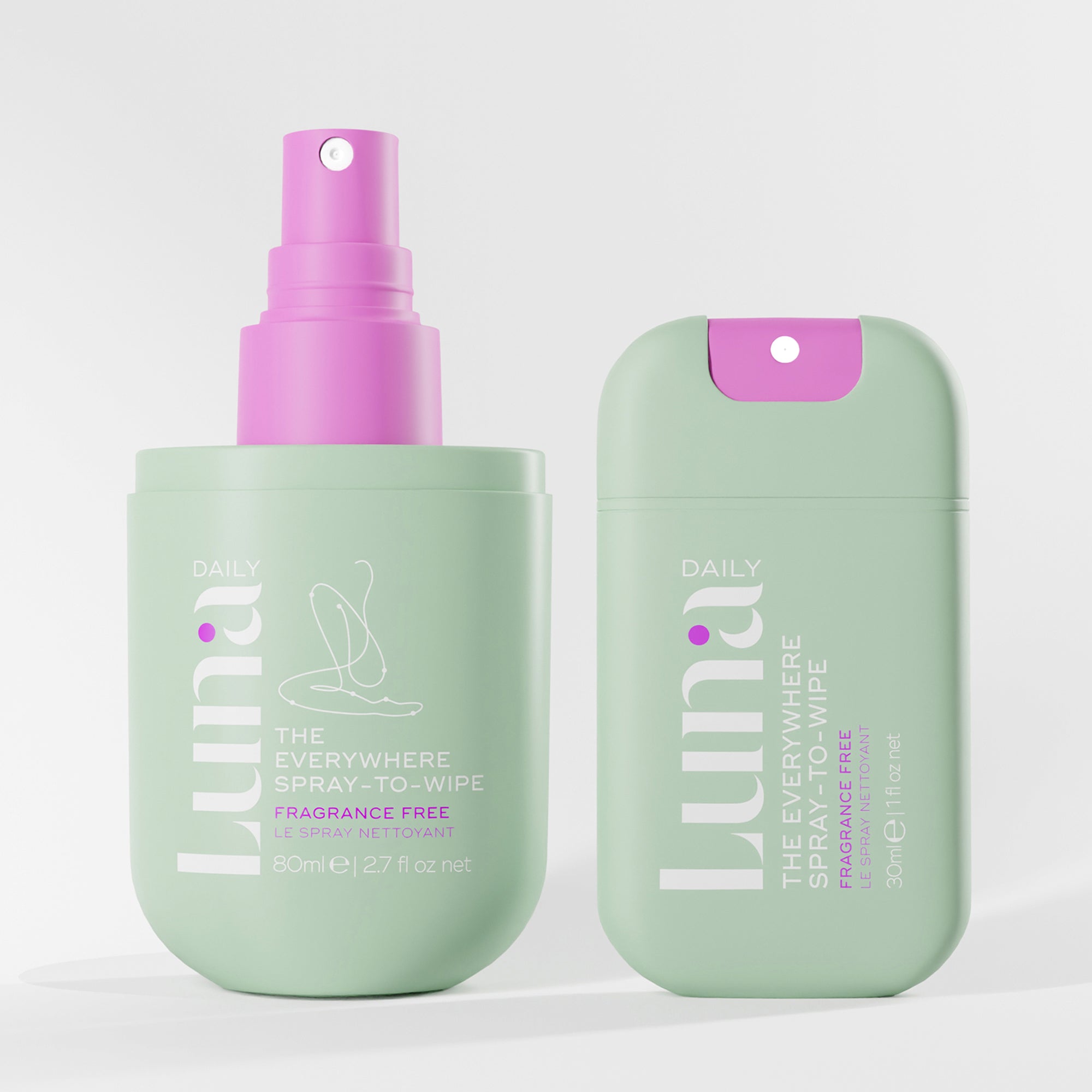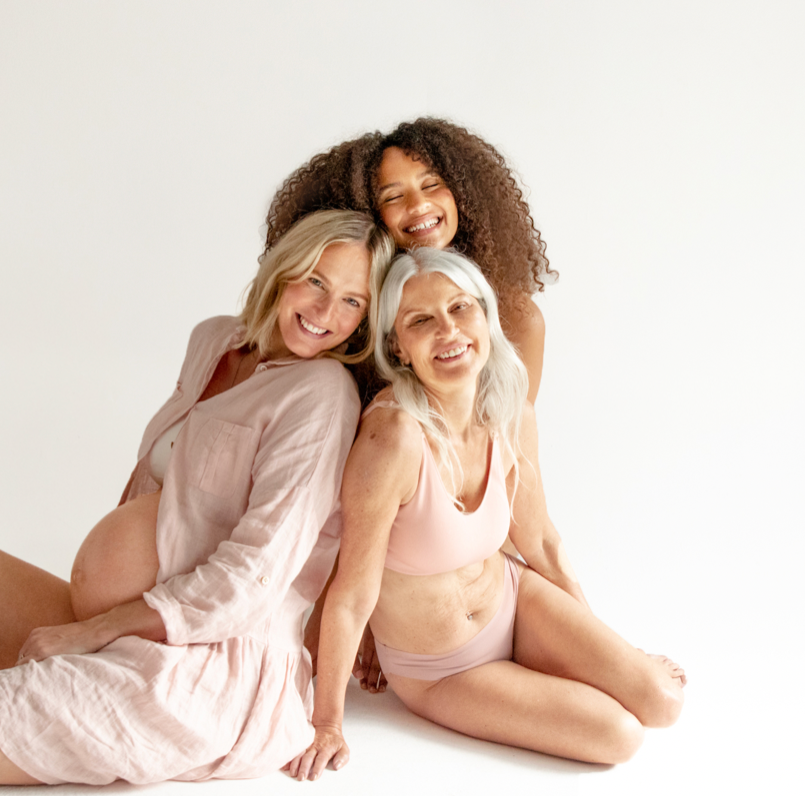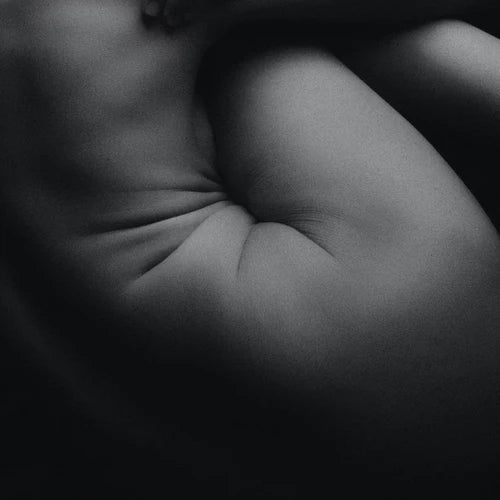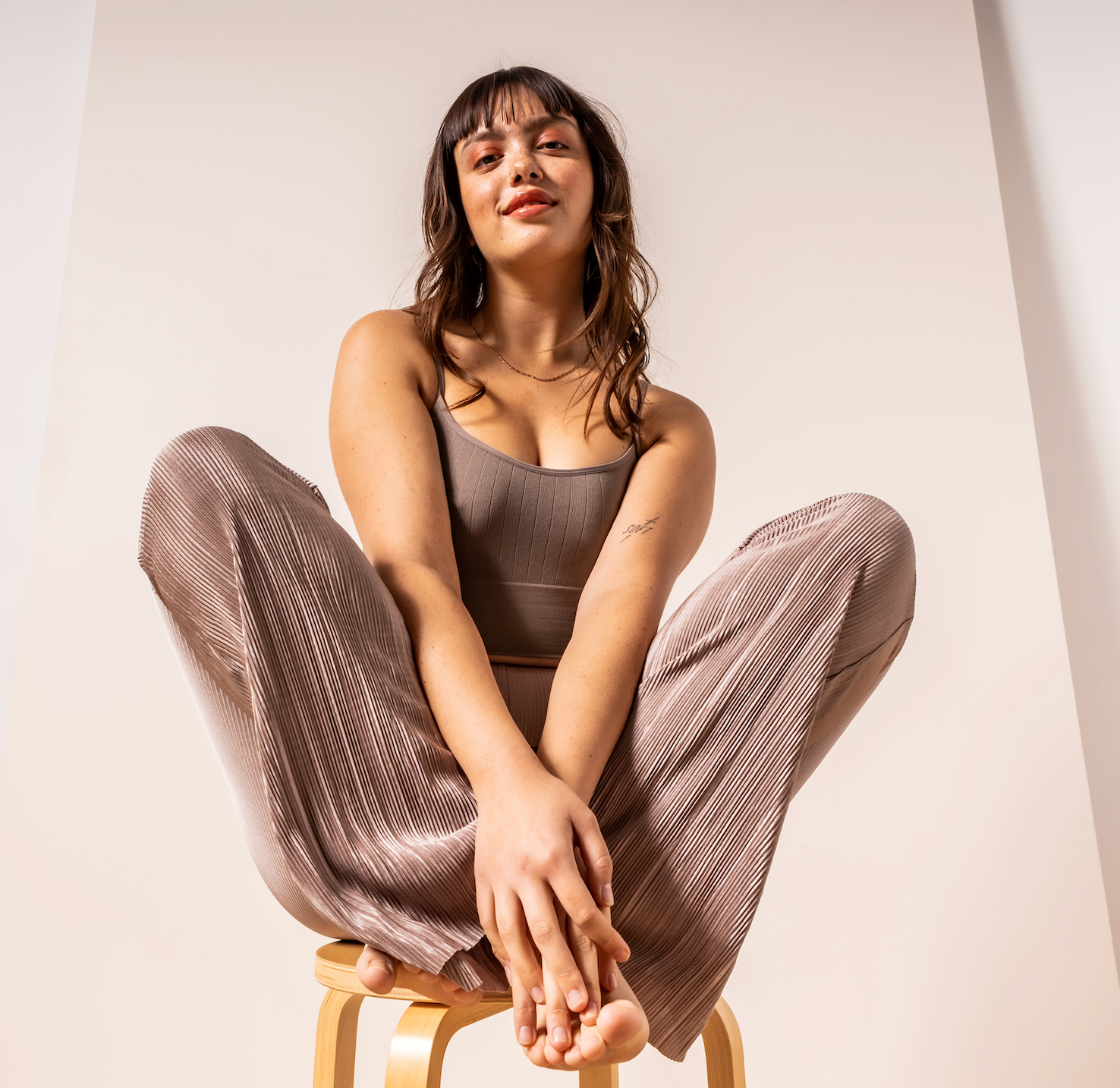Inge Kreuser-Genis, Leading Vulval Dermatologist
Passionate about raising awareness, education & understanding of the vulva.
Inge, how did you get started in vulval dermatology?
Quite by accident, really. I did my primary medical degree and junior doctor years in South Africa, and as part of this I spent almost a year in Obstetrics and Gynaecology. I enjoyed my training, and whilst I did not see myself specialising in this field, I really enjoyed the interaction with women. Fast forward a few years and I found myself as a brand new Dermatology clinical fellow in England, and as part of this training I took part in Vulval dermatology clinics – and found that my previous O&G training was very helpful. In one of my posts in London I was fortunate enough to take part in a ‘joint vulval’ clinic, run together by a vulval dermatologist, a uro-gynaecologist, and sexual health physician. We also had the support of a nurse specialist with additional training in psychosexual health, and women’s health physiotherapists if needed. This model is one of the best I’ve worked in to date (and hardly ever seen anymore), and made me passionate about helping women suffering from these conditions.
During my formal dermatology specialist training, I focussed on developing my interest further and was fortunate enough to be selected for a UK-wide vulval dermatology fellowship funded by the BSSVD. This allowed me to get additional training by attending specialist clinics across the UK and abroad (with an intensive period of training spent with a preeminent Vulval Dermatologist in the US).
After I qualified as a consultant dermatologist, I actively sought out and was appointed to a post with a specialist vulval clinic attached, and have run this clinic on a weekly basis since.
What makes you so passionate about what you do?
The conditions we diagnose and treat in these clinics are mostly easy to spot and manage, but are still under-recognised (even by medical colleagues) and so a delay in diagnosis and getting help is sadly still common. This is not helped by the fact that most women delay seeking medical advice and try to self-treat due to embarrassment.
Women’s health in general is an area that until now has not received the medical attention it deserved, and I hope to be part of a growing number of voices that change the narrative, and hopefully thereby improve quality of life for our female patients. The publication of the ‘Women’s Health Strategy’ in December 2021 is changing the landscape already. Recent open ‘public’ conversations are being had about miscarriages, stillbirths, fertility issues, the perimenopause and menopause, and how we can better look after all the women going through these, and have encouraged me that we are heading in the right direction. We have a long way to go though…
What is a typical day in the life of a specialist vulval dermatologist like?
I see a variety of different skin conditions as part of my role as a Consultant Dermatologist, including suspected skin cancers, as well as children and adults with ‘general’ skin issues.
In terms of vulval dermatology clinics, I see a mixture of new and follow-up patients, and perform vulval skin biopsies where necessary. I also oversee registrars (junior doctors specialising in Dermatology), visiting GPs and GP trainees, and nurse specialists seeing patients with these conditions, ensuring they are getting trained as well as possible and can then take these skills with them. And lastly, I teach formally on vulval dermatology to my medical and allied medical colleagues as part of my role, and am passionate about sharing knowledge to improve our patients’ care.
What are the most common reasons women come and see you?
Usually for vulval symptoms, eg for itching or soreness, and specifically to rule out or confirm whether or not they have a skin condition causing this. I also see patients with skin lesions on their vulval skin, or with vulval pain. We see patients with persistent ‘troublesome’ discharge as well, although these also often go to Gynaecology or Sexual Health clinics. There is a lot of overlap between our three specialties so we are often in contact.
What is the biggest myth about vulval health?
That it is somehow shameful! I have lost track of how many women, regardless of age, apologise for their vulval appearance, hair growth, discharge, bleeding (if on their period), etc. First of all, as medical doctors we genuinely don’t mind what you look like – we are just happy that you sought medical advice if you had a concern about something.
Secondly, the vulva looks exactly the way it should for its function, and it is a truly wonderfully ‘designed’ part of your overall body. It is strong enough to handle waste products (like urine) ‘passing through it’ multiple times a day, sitting on it, having sex, having babies, and yet covered in nerve endings that can (and should) give us immense pleasure.
Lastly, what does being a woman mean to you?
I feel very grateful to be one, especially in a democratic country where I am free to live, study and work ‘as I choose’. I am very mindful that not every woman is afforded that right, and even in the UK it is obvious that women’s rights may be legal but they are not always lived out in day-to-day life. I have been fortunate enough that it has not held me back, and in many ways it has been a strength – I hope my daughter will have an even better experience!
I am now in my 40s and am looking forward to continuing to learn and grow, ageing gracefully, and hopefully gaining more wisdom along the way, but also ‘caring less’ about societal pressures in general. Along the way I hope to look after women around me and help lift them up if I am able to do so, as I have had so many wonderful mentors do for me.
We're proud to partner with Inge in The Luna Daily Collective. If you have a question you'd like to ask DM us on social.

